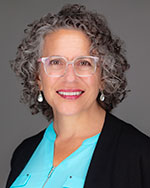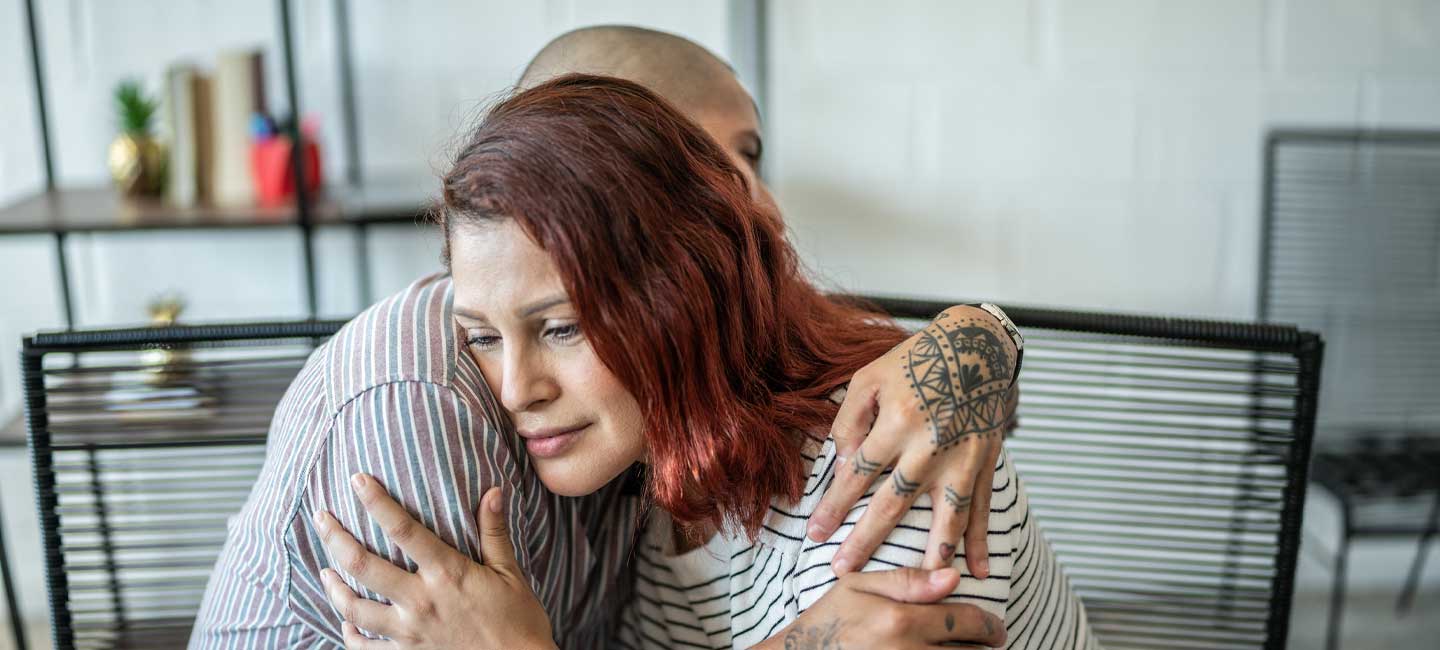How Can You Avoid Caregiver Burnout?
What does it mean to care for someone with cancer?
It’s a question with many answers. It involves providing physical, emotional and sometimes financial support to help them cope with the challenges of the disease and its treatments.
Physical care can involve helping with daily tasks such as cooking, cleaning and personal hygiene. It can also include accompanying the person to medical appointments, administering medications, and managing symptoms or side effects of treatment.
A cancer diagnosis can be emotionally overwhelming for both the patient and their caregivers. Providing a listening ear, offering encouragement and being empathetic are crucial aspects of emotional support. It’s essential to acknowledge the person’s feelings and validate their experiences.
But what happens when the person giving the care ignores their own needs?
According to Donna DiClementi, manager of Outpatient Social Work at Moffitt Cancer Center, people reach a point called “caregiver burnout” and it’s more common than you may realize.
“So many people either currently care for someone with cancer or at some point will become caregivers with an illness,” DiClementi said. “It’s important to understand that while we want to do our best to help someone who’s struggling, we have to always remember that our own health is important as well.”

What is caregiver burnout?
Caregiver burnout, also known as caregiver stress, is a state of physical, emotional and mental exhaustion that can result from the prolonged and demanding responsibilities of caring for a loved one. It often occurs when caregivers don’t receive adequate support or take care of their own needs while focusing on the needs of the person they’re caring for.
According to DiClementi, many caregivers wait too long to ask for help, often compounding their own issues until they reach a breaking point.
Luckily there are signs to look out for that can help to know when it’s time to ask for help:
- Feeling exhausted or anxious
- Feeling lonely and disconnected from things you used to enjoy
- Trouble sleeping
- Frequent physical problems like headaches or stomach pain
- Not having enough time to prepare your own meals
- Decreased hygiene
“It’s easy to let things slip when you don’t think you have the proper amount of time to care for yourself,” DiClementi said. “Don’t wait until you’re completely overwhelmed. These are all signs that you really need to take a step back and decide how you can take better care of yourself.”
How can you avoid caregiver burnout?
The best way to avoid caregiver burnout is to start small by accepting help.
“People are going to throw lifelines,” DiClementi said. “And you have to take them.”
When someone says, “Let me know how I can help,” it’s important to accept the offer and be direct with what your needs are. Maybe it’s asking for help with meals or chores.
“People want to help and they see the caregiver struggle,” DiClementi said. “And they don’t know what to do. So the caregiver has to take that and put a concrete step into motion.”
Caring for someone with cancer requires compassion, patience and a willingness to provide support in whatever form is needed. It’s essential to approach caregiving with empathy and understanding, recognizing that each person’s experience with cancer is unique.
At the same time, it’s essential for caregivers to recognize the signs of burnout and take steps to address it. You can also do things like take regular breaks, practice self-care and seek professional help when needed.
Effective communication with health care providers and accessing respite care services can also help alleviate caregiver burnout and prevent its negative consequences on both the caregiver and the person receiving care.
“We want caregivers to understand that their life continues as well even as they care for their loved one,” DiClementi said. “There’s going to be ebbs and flows and ups and downs. There needs to be room for both.”



